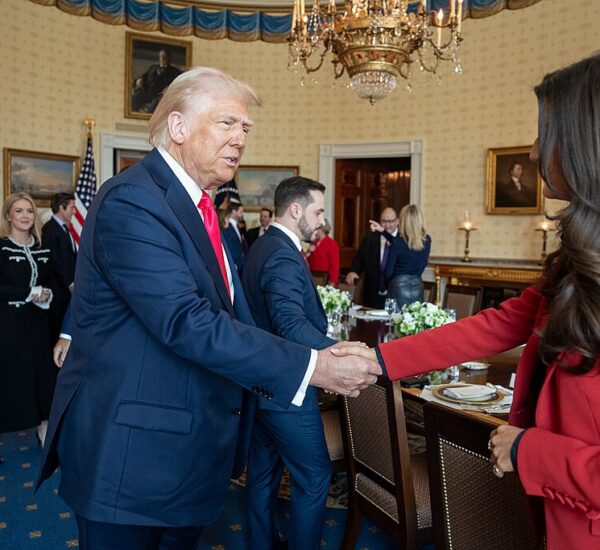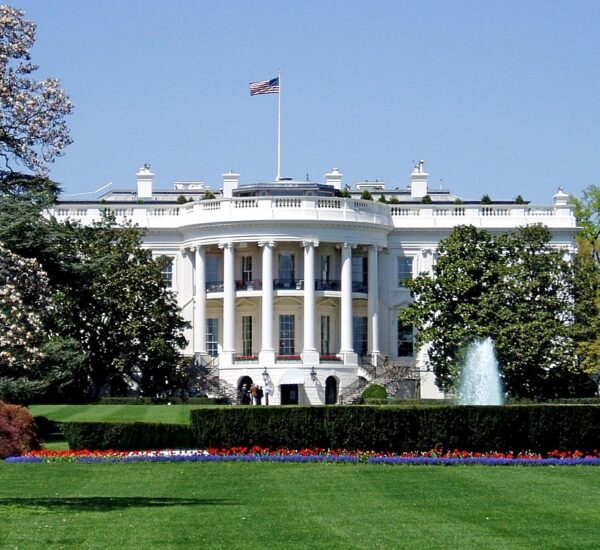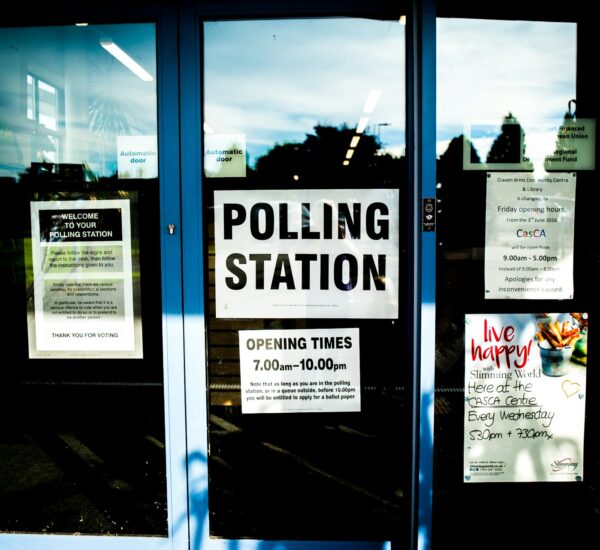Trump Loses His Right To Vote?
On Wednesday, former President Donald Trump exercised his right to vote for the first time since his conviction, casting an early ballot in Florida. This marks a significant moment, as Trump is the first former president to face criminal convictions. Despite this, he remains eligible to run for president in 2024 and to participate in the election.
Trump’s voting took place in Palm Beach during Florida’s early voting period, which commenced on August 10 and will run until August 17, with primary elections scheduled for August 20. After casting his vote, Trump described the experience as an “honor” and highlighted his upcoming campaign activities. He emphasized the unparalleled enthusiasm among his supporters, declaring, “We have a level of enthusiasm that nobody’s seen before. They want to make America great again. That’s what’s happening. We’re going to make it great again. Right now, we’re in a failing nation.”
Trump has consistently voiced skepticism about the 2020 election results, claiming that mail-in ballots and early voting contributed to fraud. Although recounts and audits have disproven these allegations, Trump has called for reforms to ensure election integrity, including advocating for same-day voting with paper ballots, proof of citizenship, and voter ID requirements.
As a resident of Florida, Trump is subject to the state’s felony disenfranchisement law, which generally restricts voting rights for those with felony convictions. However, Florida law differentiates between convictions in other states and those within Florida. Since New York, where Trump was convicted, permits voting for individuals not currently incarcerated, Trump retains his voting rights in Florida.
Should Trump receive a prison sentence for his New York conviction, his voting rights could be affected unless restored. Florida’s Governor Ron DeSantis has indicated that Trump’s voting rights could be reinstated by the state’s clemency board, which includes DeSantis and three Cabinet members.
Trump’s other legal battles could also impact his voting status. A conviction in Washington, D.C., where felons retain voting rights, would not affect his eligibility. Conversely, a conviction in Georgia would likely disenfranchise him, as Georgia law bars those convicted of felonies from voting while on probation, parole, or if fines remain unpaid. In such a scenario, Trump would need a pardon from Georgia’s governor or restored rights from Florida’s clemency board to vote in Florida.
It’s worth noting that Trump’s case related to classified documents was recently dismissed by a Florida federal court in July, removing one legal challenge from his path.







That 1.67% that voted NO must be the people who got very wealthy from variuos Biden/Harris/Democrat schemes